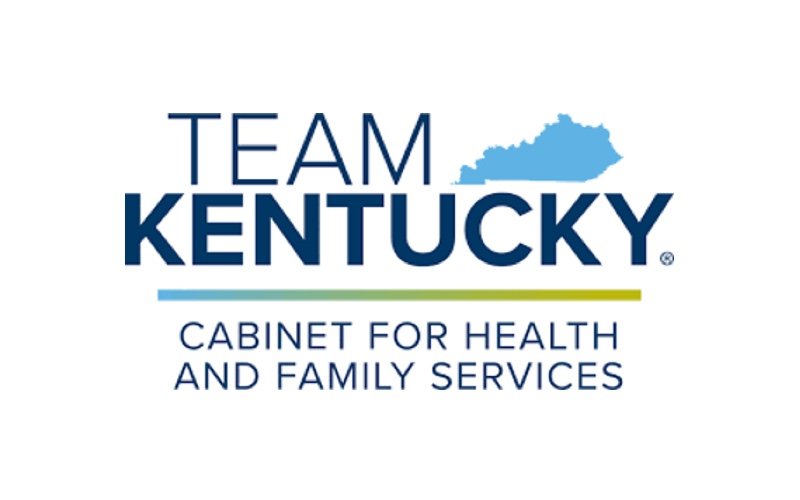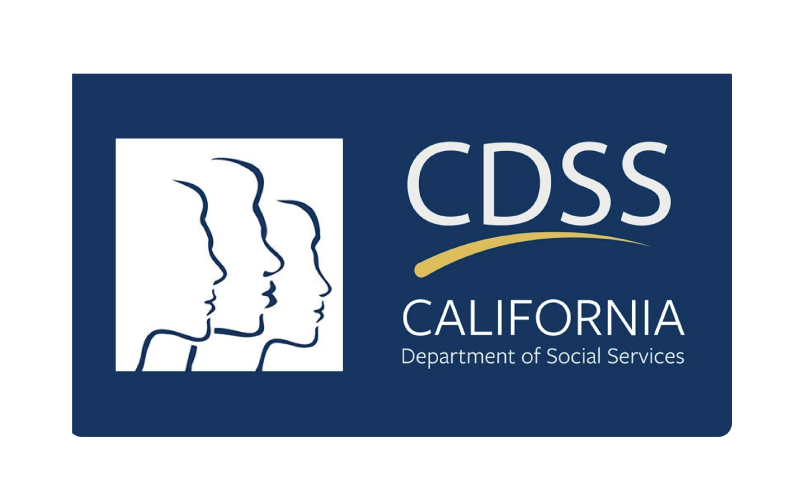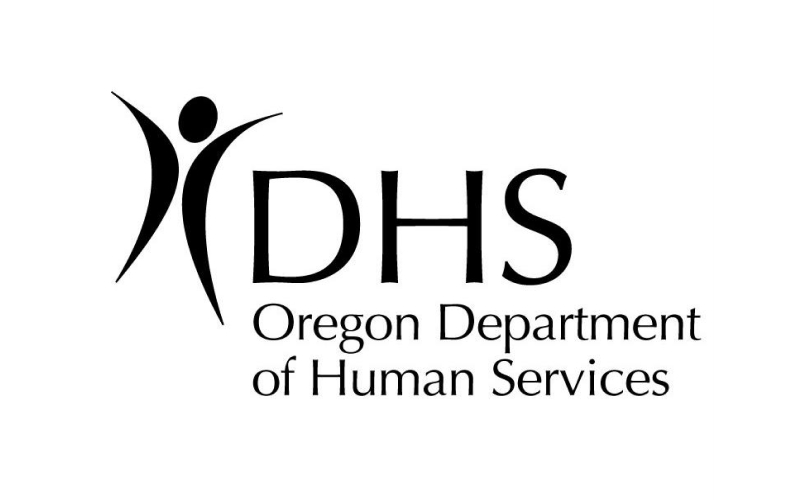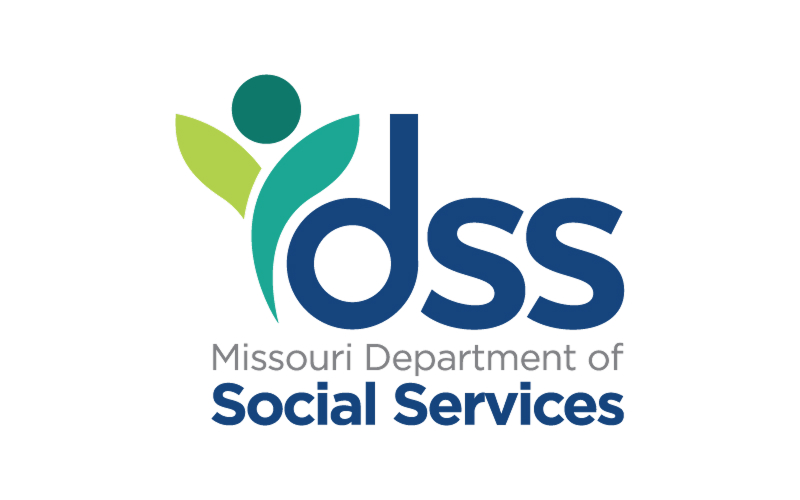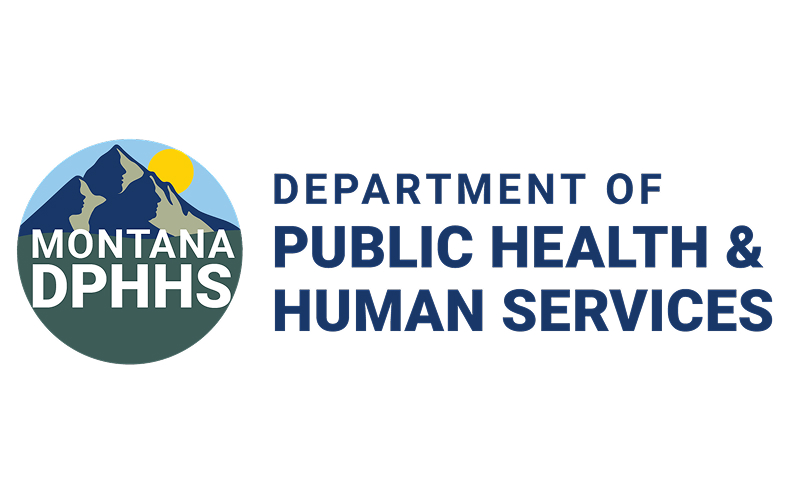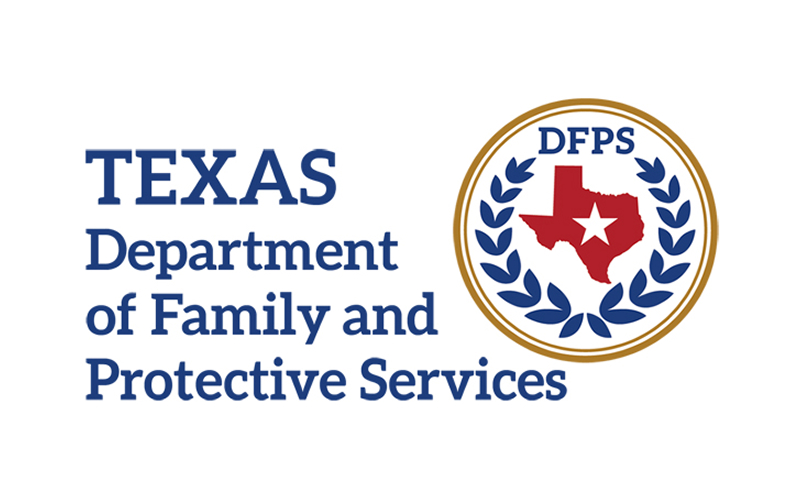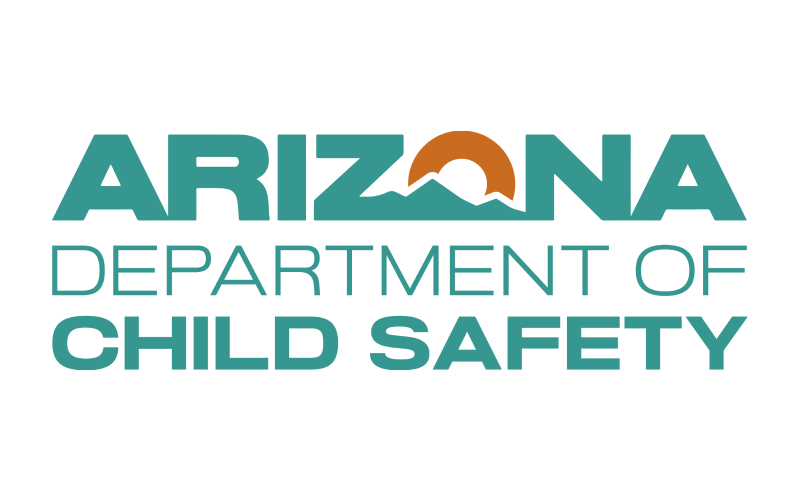Description
Alternatives for Families: A Cognitive-Behavioral Therapy (AF-CBT) is designed to improve the relationships between school-aged children and caregivers in families who exhibit or are at risk for problems with anger, aggression, frequent conflict, physical force/discipline, and/or child physical abuse. AF-CBT provides parents and children with intrapersonal and interpersonal skills development such as managing angry outbursts, child social skills, safe and appropriate discipline strategies, healthy family problem solving and communication, and positive coping and self-control. AF-CBT can target the caregiver, child/adolescent, or family unit.
AF-CBT services can be provided in the home, an outpatient clinic, a hospital, residential facility, schools, and other community-based settings. There is no typical outpatient course of treatment and treatment length may vary, but there are three treatment phases designed for both caregiver and child: (1) Engagement and Psychoeducation, (2) Individual Skill-Building, and (3) Family Applications. Treatment includes separate individual sessions with the child and caregiver and joint sessions with both parties present.
1) Improve caregiver-child relationships, 2) Strengthen healthy parenting practices, 3) Enhance children’s coping and social skills, 4) Maintain family safety, 5) Reduce coercive processes (anger, verbal aggression, threats of force, emotional abuse) by caregivers and other family members, 6) Reduce use of physical force (aggressive behavior) by caregivers, child and, if relevant, other family member, 7) Reduce child physical abuse risk or recidivism (prevention of child welfare system involvement or repeated reports/allegations), 8) Improve child safety/welfare and family functioning.




